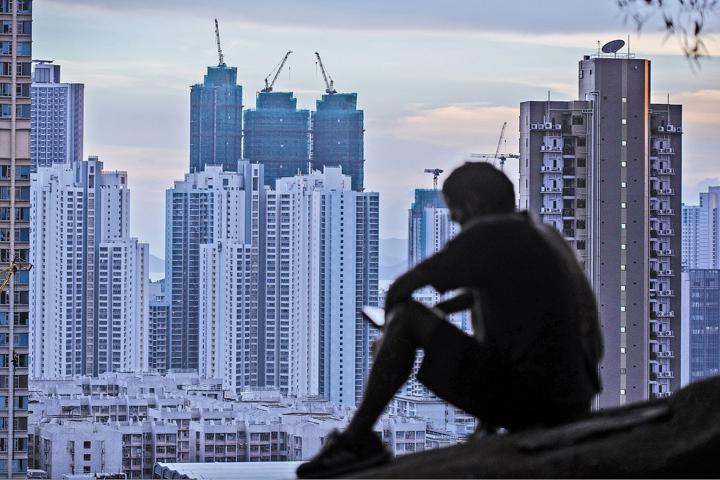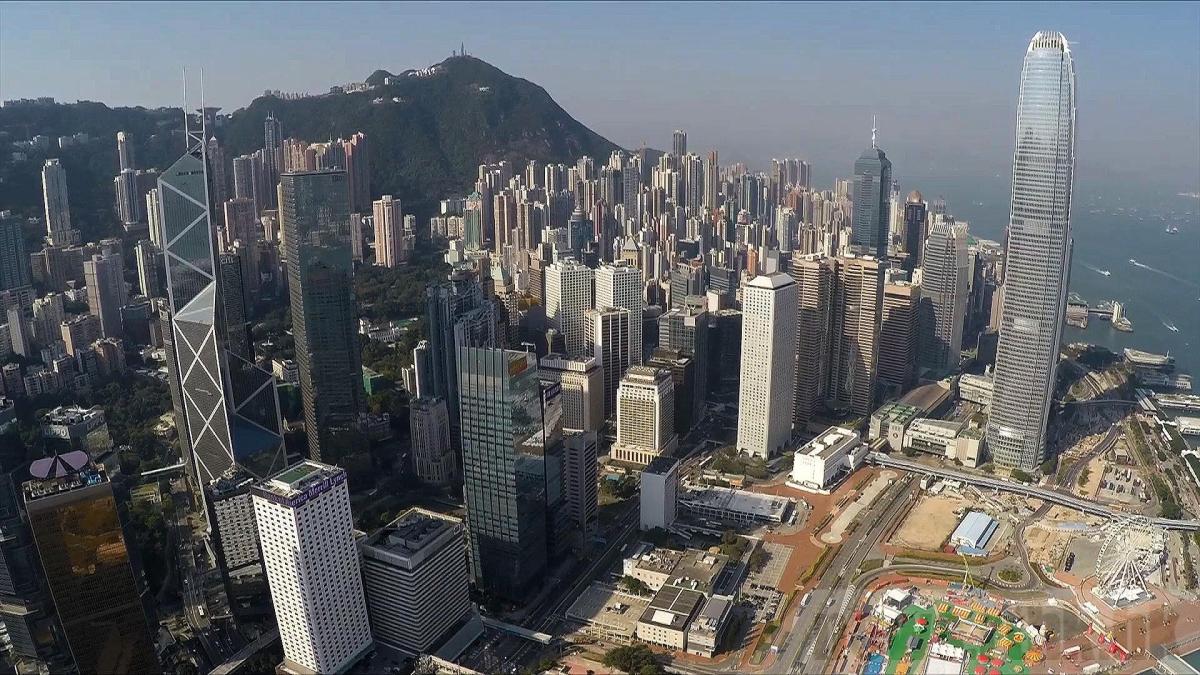Developers and the owners of homes in Hong Kong waiting to sell or let out their properties may have to slash their asking prices as the good old days of them sitting back and letting buyers fall over each other are long gone.
Transactions and business sentiment in one of the world’s most expensive cities to own a home have never been immune to upheaval. And this time around, the realty sector as a whole has taken a beating from the still-rampant novel coronavirus pandemic.
The sight of estate agents mobbing pedestrians and prospective buyers outside show flats was common. But that’s now a rare sight as the city’s leading broker agencies, including Centaline and Midland, have put many of their employees on unpaid leave as sales are drying up. Also, the government’s ban on gatherings involving more than four people means room viewing and site visits may fall foul of the new law.
Local papers reported in March that Midland had been hit by a rash of infections at its flagship store in the Mid-Levels, Hong Kong Island’s most prestigious residential circle, which has great views of Victoria Harbor and the city. Some agents came down with the respiratory disease and the company had to shut the store.
Real estate business deferred
March’s total new home transactions halved to 400 from February’s 900 as the virus decimated business and people chose to remain at home. Most are deferring property investments amid bruised confidence and fears of a further downtrend, which started last year during the city’s months-long anti-government rallies against a China extradition bill.
The outlook remains gloomy as the overall economy falters and the jobless crowd swells, with Bank of America warning of a 15-20% slump in Hong Kong’s key residential prices and a 10-20% drop in office rents for the rest of the year.
BofA analysts also expect a 10% markdown on target prices of local realty shares, including the city’s largest developer Sun Hung Kai Properties, tycoon Li Ka-shing’s realty flagship CK Asset and Link Reit, Asia’s largest realty investment trust that mainly runs shopping arcades at the city’s numerous public and subsidized housing estates.
American realty broker JLL is not upbeat either in its latest analysis of the city’s property market, tipping a 10-15% fall in average home prices for 2020, while a turnaround depends on when the contagion can be tamed.
As for home rents, there have been reports about prices retreating by as much as one third to the 2014 level for premier estates that nestle on the verdant Peak district overlooking Central that usually interests bankers and executives. Still, landlords are hard put to find tenants as businesses are folding and non-locals are banned from entering the city due to the semi-lockdown to keep out the virus.
In the mainstream segments of mid-sized flats for middle-class families, demand has been stable but landlords are becoming less bold to hike rents. For instance, a 400-square-foot flat in Tai Po in the New Territories that is 45 minutes by train from Central was being offered at HK$13,000 (US$1,677) per month.
In March, the average rent fell 2.3% month on month to HK$34 per square foot, according to Centaline.

Hong Kong’s skyline from Shek Kip Mei. AFP photo.
But some observers have faith in the resilience of the city’s realty sector and say home prices are unlikely to sink to the all-time lows seen during the Sars outbreak and subsequent recession of 2003.
“Sars and the coronavirus outbreak have occurred at completely different points of the housing cycle,” said Phillip Zhong, senior equity analyst for Hong Kong and China real estate at Morningstar Investment Management.
Zhong said that in the 2000s the market was already fairly depressed coming off the Asian financial crisis and SARS extended the decline by one year or so. But he stressed that Hong Kong’s overall home prices had surged about four-fold since then, and until last year’s protests, transactions were buoyant due to limited supply and cheap money.
Thomas Lam, executive director at Knight Frank, told realty tracking platform SquareFoot that the number of homes changing hands may fall by 25-35% over the next few months while prices would decline from 5-10% this year, but that could be the bottom of the current circle.
























